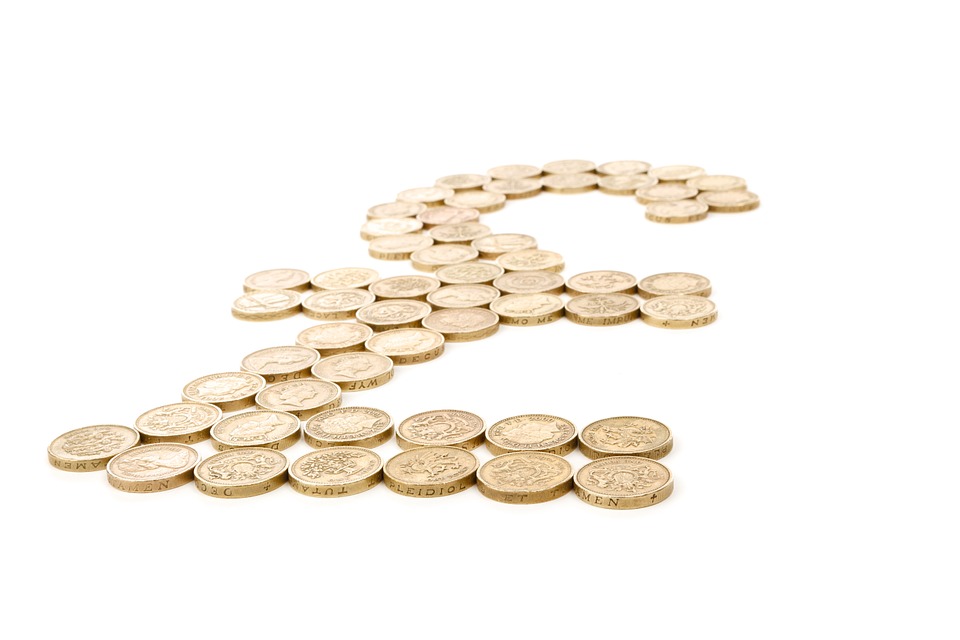The UK economy grew 6.6 per cent in July as it bounced back from the coronavirus lockdown of the spring, setting the stage for rapid GDP growth in the third quarter, official figures showed.
The growth was slower than the 8.7 per cent expansion seen in June, however, and was from a low base after the historic collapse in output in the second quarter.
“While it has continued steadily on the path towards recovery, the UK economy still has to make up nearly half of the GDP lost since the start of the pandemic,” said Darren Morgan, director of economic statistics at the Office for National Statistics (ONS), which released the figures.
In July, the UK’s all-important services sector grew 6.1 per cent. It makes up around 80 per cent of the economy. The sector was boosted by the reopening of pubs and restaurants at the start of the month.
Production, which includes manufacturing, expanded by 5.2 per cent. But construction shone, growing a huge 17.6 per cent after expanding by 23.6 per cent in June.
Nonetheless, July output in the massive UK services sector remained 12.6 per cent lower than in February despite the quick GDP growth. And rising coronavirus cases could derail the recovery.
Chancellor Rishi Sunak said: “Today’s figures are welcome.” But he added: “I know that many people are rightly worried about the coming months or have already had their job or incomes affected.”
To find out more about how we can assist you with your Mortgage requirements, please click here to get in touch
“That’s why supporting jobs is our first priority.” He flagged the Eat Out to Help Out scheme, VAT cuts and the £1,000 retention bonus for jobs brought back from furlough.
UK economy 11.7 per cent smaller than in February
Some parts of the services sector were running at almost full capacity. Output in wholesale and retail trade rebounded to higher than its February level. Financial and insurance activities and real estate were only slightly off.
But other sub-sectors lagged far behind, highlighting the unequal effect of the coronavirus crisis.
Output in accommodation and food services grew strongly but was nonetheless only running at 40 per cent of its February level in July. Arts, entertainment and recreation was also well off.
Tej Parikh, chief economist at the Institute of Directors business group, said: “The economy continued its rebound in July, but the hard part is still to come.
“The recovery will start to hit speed bumps into the end of the year. Local lockdowns and new restrictions heap uncertainty on businesses, and demand remains limited in many areas.”
The ONS said the UK economy was 18.6 per cent bigger in July than it was at its April low.
Yet in July UK GDP remained 11.7 per cent below its level in February, before the full impact of the coronavirus pandemic.
GDP recovery ‘likely to stall’
Samuel Tombs, chief UK economist at consultancy Pantheon Macroeconomics, said growth was likely to be strong in August and September.
He said it would be “assisted by far greater than usual numbers of people staying in the UK during the summer holiday season” and “the full reopening of schools”.
But he said: “Thereafter, the recovery likely will stall if, as looks likely, new Covid-19 infections continue to rise.” Tombs said that would keep “people working from home and avoiding consuming services that require close human contact”.
Coronavirus cases have risen sharply in recent days. The number of daily new cases has consistently been just below 3,000 this week, whereas they were consistently half that the week before.
In response to the spike, the government has limited the number of people who can meet socially to six.
Yael Selfin, chief economist at auditing giant KPMG, said: “The risk of a second wave of infections in the autumn could derail the nascent recovery and put the economy into a lower gear.”
By Harry Robertson
Source: City AM

